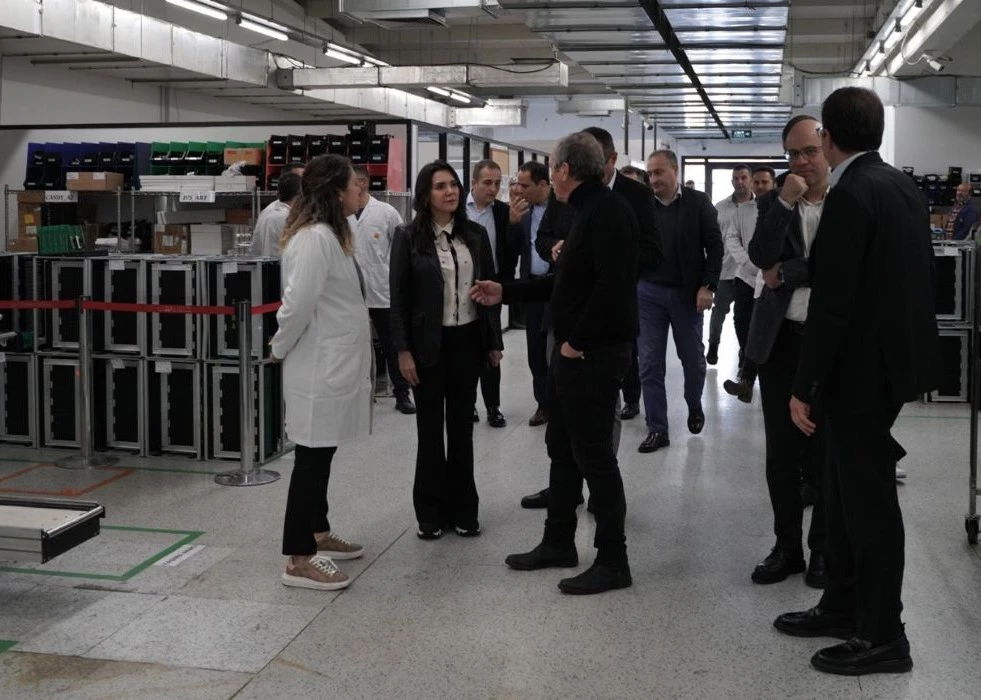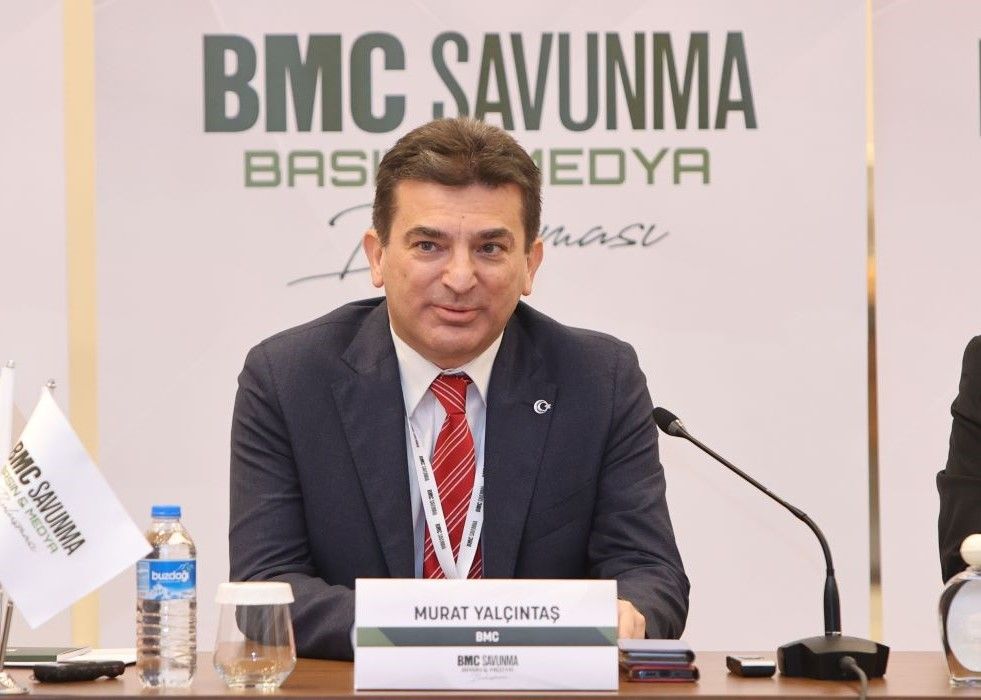SSTEK (Defence Industry Technologies Inc.) was founded in 2016 as a 100% subsidiary of the Presidency of Defence Industries. SSTEK establishes new companies or provides partnerships with existing companies to support the domestic and national development and production of critical technologies for the defence of the country. The company will support incubating systems, small and medium-sized enterprises, as well as new ideas. Speaking at the ceremony, Demir said, “SSTEK established many partnerships and created some momentum. However, establishing a fund would be better. We believe it will serve the purpose. We aim to develop such technology to end dependency in the defence sector and support exports.”
The concept of participation banking is an approach based on sharing both during the financing and raising of funds.Participation banks operate to raise funds through special current and participation accounts and to use the funds collected by means of methods that comply with the principles of interest-free financing.From the viewpoint of risk distribution, in traditional banking, the entire risk is undertaken by the debtor and, in principle, the lender always makes a profit.On the other hand, the partnership established in the participation banking system is a labour-capital partnership. Both the labourer who runs the capital and the capitalist who provides the capital share with the risk among themselves. In this case, the party providing the capital will suffer monetary loss and the party making the labour contribution will suffer labour loss. If the partnership is a capital partnership, only the capitalists share the risk. In the participation banking system, there is a possibility that the capitalist may make a profit or loss, and that labourer may lose labour.
In traditional banking, payment is made to the bank customer in transactions on credit. That the payment made to the seller is the process of delivering the loan granted on behalf of the customer to the seller, not the purchase price of the goods. On the other hand, in participation banking, the payment is made not to the bank customer, but to the seller of the goods (or to the proxy to purchase on behalf of the bank by taking measures to ensure payment to the seller). In this case, the price is the purchase price of the goods by the participating bank.
In traditional banking, money has a time value, and this value always increases in favour of the lender. In participation banking, when money is provided to others as a loan, the change over time may only take place at the rate of inflation. However, if a good is financed by a forward sale with a profit (Murabaha), the late charge received is the profit arising from the sale of goods, not from the time value of money.
In traditional banking, any kind of legal activity may be subject to the transaction. On the other hand, in participation banking, in addition to the legality aspect, activities that are deemed legitimate and permissible prom the point of view of Islam may be subject to the transaction.
In the traditional banking system, interest is used as a fundamental tool to generate income. In the participation banking system, profit share is used as the fundamental tool.













